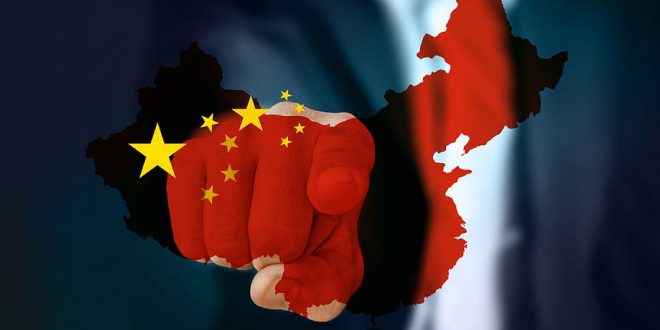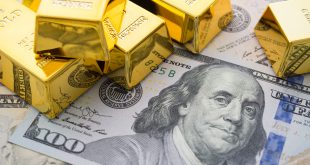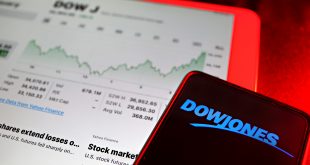Exporters are battling diplomatic sensitivities, visa problems, and a determination to lessen dependence on China as the country’s economic recovery becomes a worldwide worry. Chinese exporters are looking into the US market’s potential and hoping to make it their main source of production orders. Despite the uneven economic recovery, the deterioration of foreign markets, and the geopolitical challenges.
Chinese exporters are diversifying manufacturing lines across the border in an effort to react to changes in global supply networks. An improvement in recent statistics has led US banks like Citigroup Inc. and JPMorgan Chase & Co. to increase their China growth projections to 5% for this year, bolstering the general agreement that the government will be able to fulfil its GDP target.
The economy has likely bottomed down around April, according to better activity figures since August, and has begun to rebound. With the inquiry and Hui Ka Yan’s detention, the story of Evergrande, China’s second-largest development company, has progressed from a potential criminal one to a financial one.
After being banned from trading last week due to media reports of Hui’s detention, Evergrande started trading again on Tuesday. Analysts claim that there are warning indicators that the corporation may be forced into liquidation, which would have profound effects on China’s economy as well. Businesses are “questioning” investments in China as a result of Beijing’s conflicting messaging.
Another significant company, Country Garden, has struggled to avoid missing major loan repayments since laws were tightened in 2020, heightening the possibility of contagion. Companies responsible for nearly 40% of Chinese home sales have defaulted since the regulations were tightened. At a hearing set for October 30 in a Hong Kong court, Evergrande’s future might become clearer. Due to the property industry’s excessive debt levels, Evergrande, a real estate business with headquarters in Hong Kong, experienced a liquidity problem in 2021.
The company, which owned land reserves of 190 square kilometers, was unable to make interest repayments on over $300bn in debt, sending China’s housing development sector into a liquidity crisis. In August, Evergrande filed for bankruptcy in the US to protect its US assets as it attempted to restructure its finances.
Last month, Hengda Real Estate, Evergrande’s primary unit in mainland China, missed principal and interest payments on a 4bn yuan bond. In September, several employees of Evergrande’s wealth management unit were arrested in Shenzhen on unspecified charges. Last week, Evergrande said Hui had been put under investigation for suspected “illegal crimes” and was under police control at a “designated” location, suspected of transferring assets offshore.
It wasn’t pbvious if Hui was being held in residential detention at a designated location – China’s system of secret detention which allows people to be held for up to six months without charge or access to lawyers and family. Analysts like Anne Stevenson-Yang, founder of J Capital research, say China’s governance system was partly why the crisis got so bad.
They believe that Evergrande had been a “runaway company” that authorities had failed to bring under control as it expanded across multiple industries and regions “as ways for the developer to suck in capital.”
A more effective regulatory system would operate according to the rule of law, but China doesn’t want to do that. At least 100,000 buyers of undelivered apartments have already been affected since Evergrande’s woes escalated in 2021, and a full collapse will mean an inability to maintain and complete units that are already occupied. This is part of the pyramid scheme that Evergrande has been operating for 15 years.

 Noor Trends News, Technical Analysis, Educational Tools and Recommendations
Noor Trends News, Technical Analysis, Educational Tools and Recommendations




